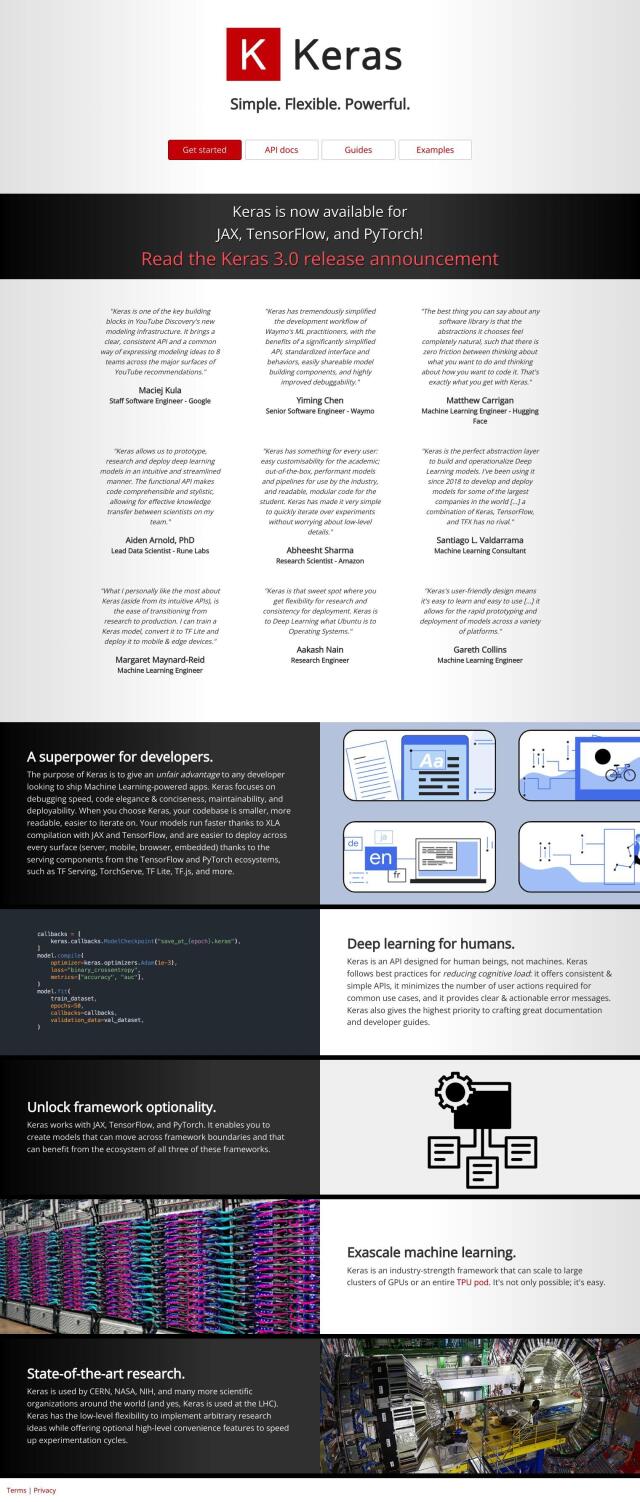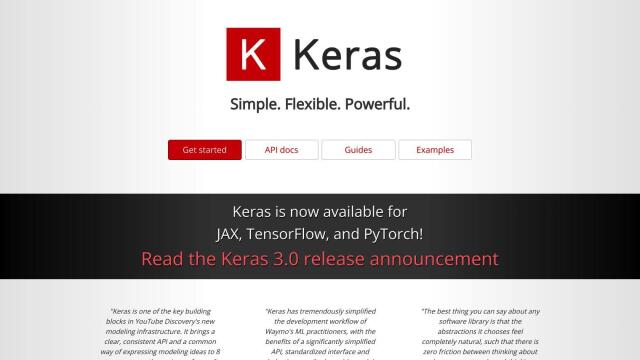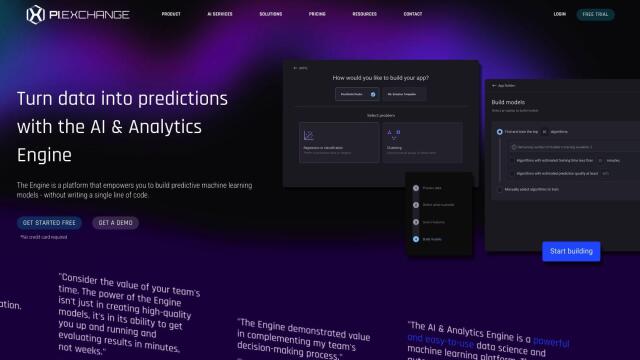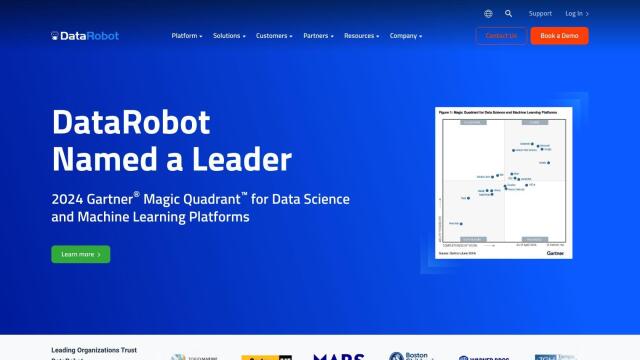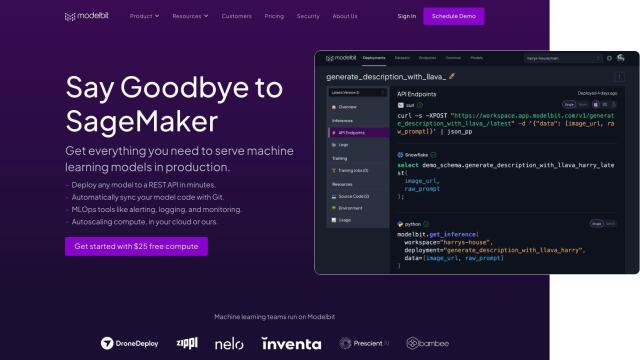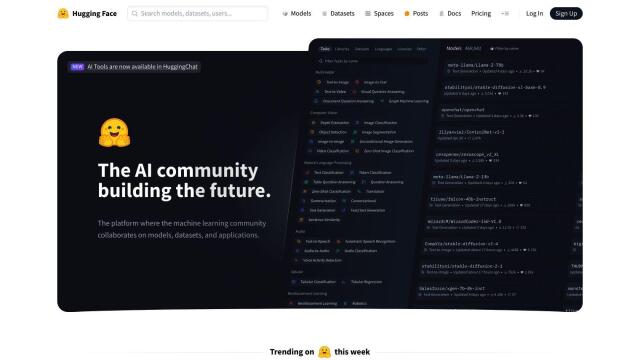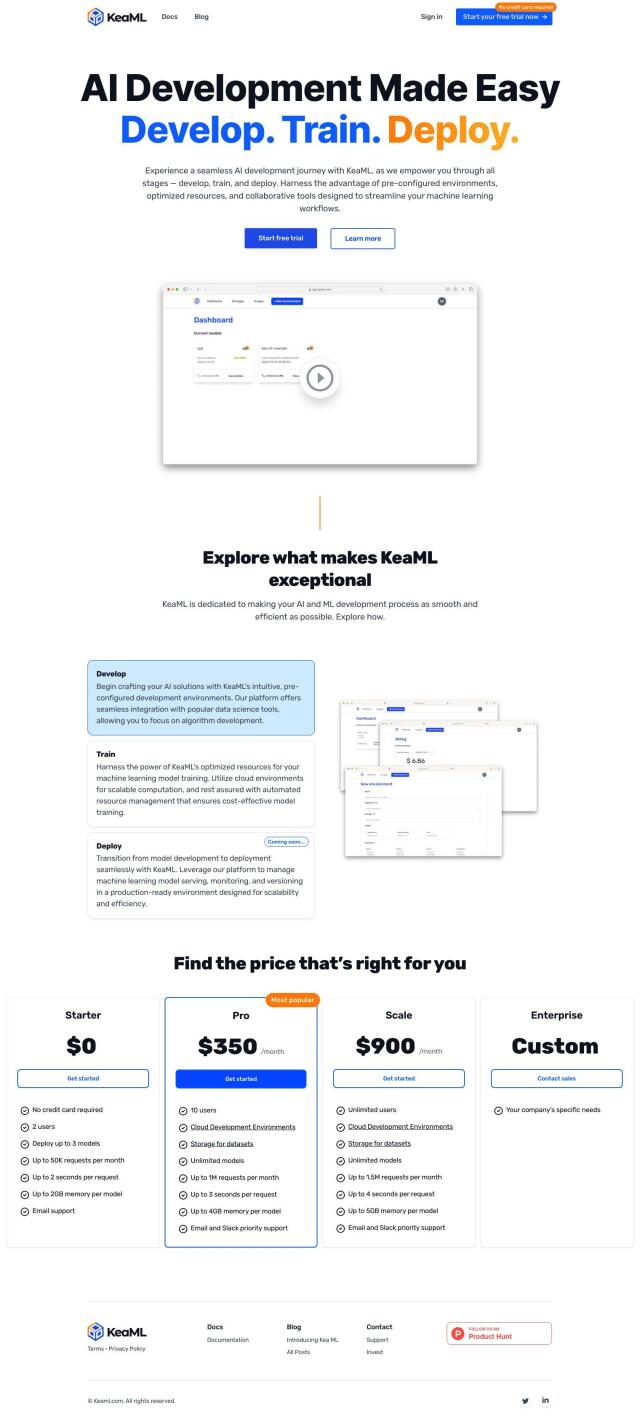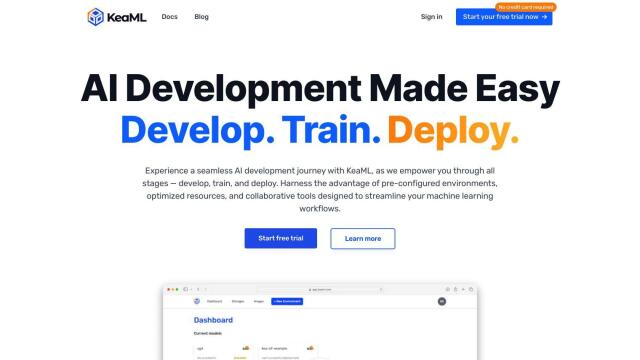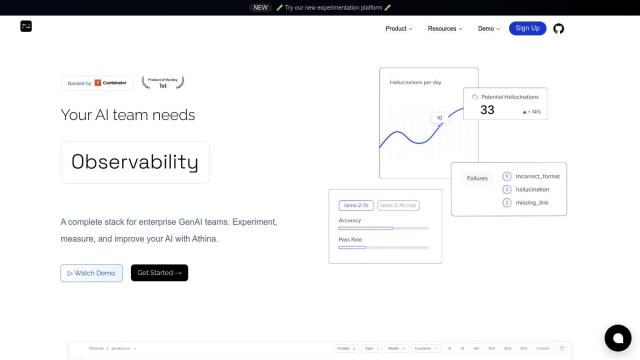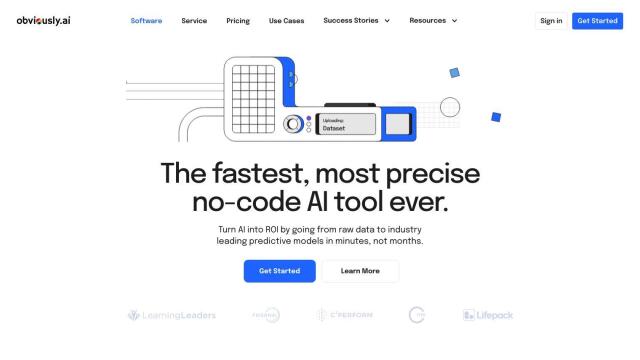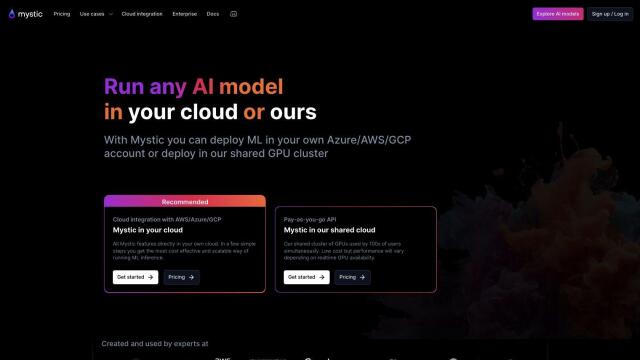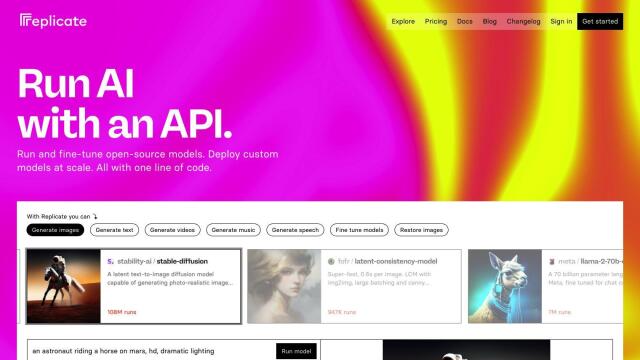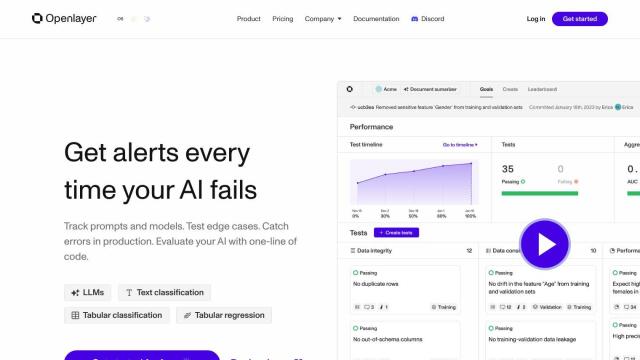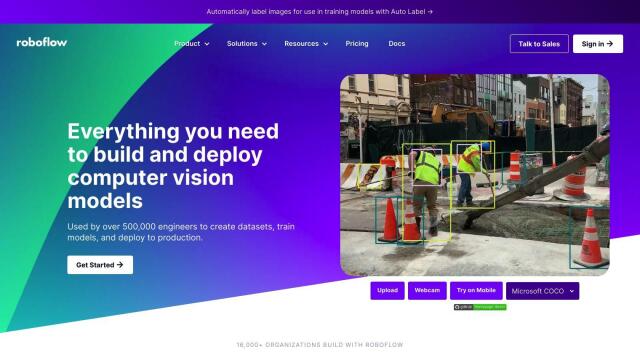Question: I'm looking for a machine learning framework that can handle both prototyping and production efficiently.

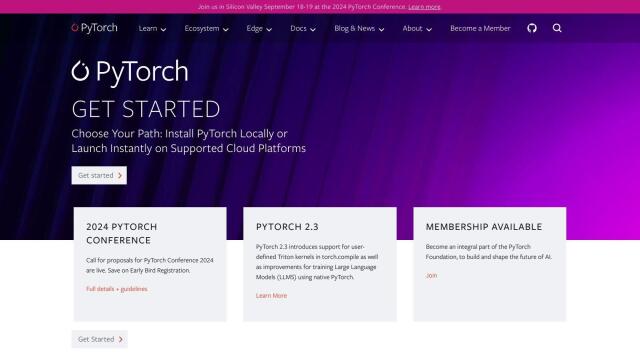
PyTorch
If you need a machine learning framework that works well for both prototyping and production, PyTorch is a top contender. It offers a flexible and powerful end-to-end solution with abilities like easy toggling between eager and graph modes, distributed training that scales to thousands of machines, and libraries for many tasks including computer vision and natural language processing. PyTorch also can run on iOS and Android, and there's a C++ frontend for high-performance applications.


Anyscale
Another top contender is Anyscale, which is based on the open-source Ray framework. It offers the highest performance and efficiency for developing, deploying and scaling AI applications. Features include workload scheduling, cloud flexibility, intelligent instance management and GPU and CPU fractioning for efficient use of resources. Anyscale supports a broad range of AI models and has native integrations with popular IDEs, making it a good choice for both rapid prototyping and large-scale production.

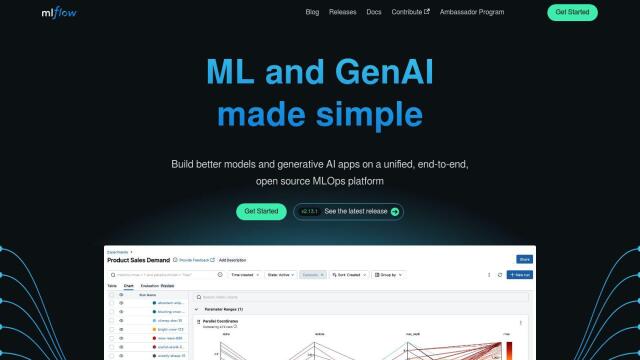
MLflow
If you want a full MLOps platform, MLflow is worth a look. It's an end-to-end tool for managing the entire ML project lifecycle, including experiment tracking, model management and support for generative AI. MLflow integrates with libraries like PyTorch, TensorFlow and scikit-learn, and supports a variety of platforms including Databricks and cloud providers. Its open-source nature and wealth of learning materials make it a popular tool among machine learning practitioners and data scientists.

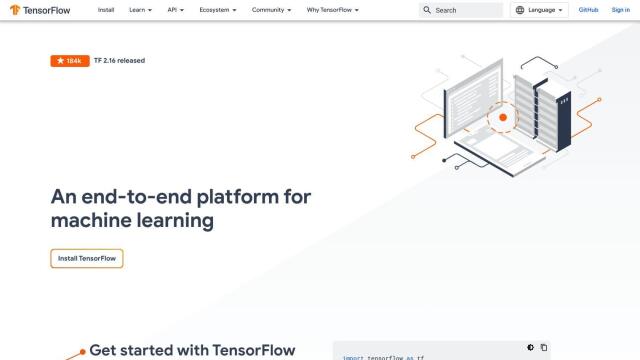
TensorFlow
Last, TensorFlow (/project/tensorflow) is worth a look, too, for its flexibility and ease of use. It offers multiple levels of abstraction, including high-level APIs like Keras and deep integration with distributed training. TensorFlow spans a broad range of applications from on-device machine learning to graph neural networks. With abundant community resources and tools for deployment and workflow acceleration, TensorFlow is a good fit for both beginners and experts who want to build and deploy machine learning models.






